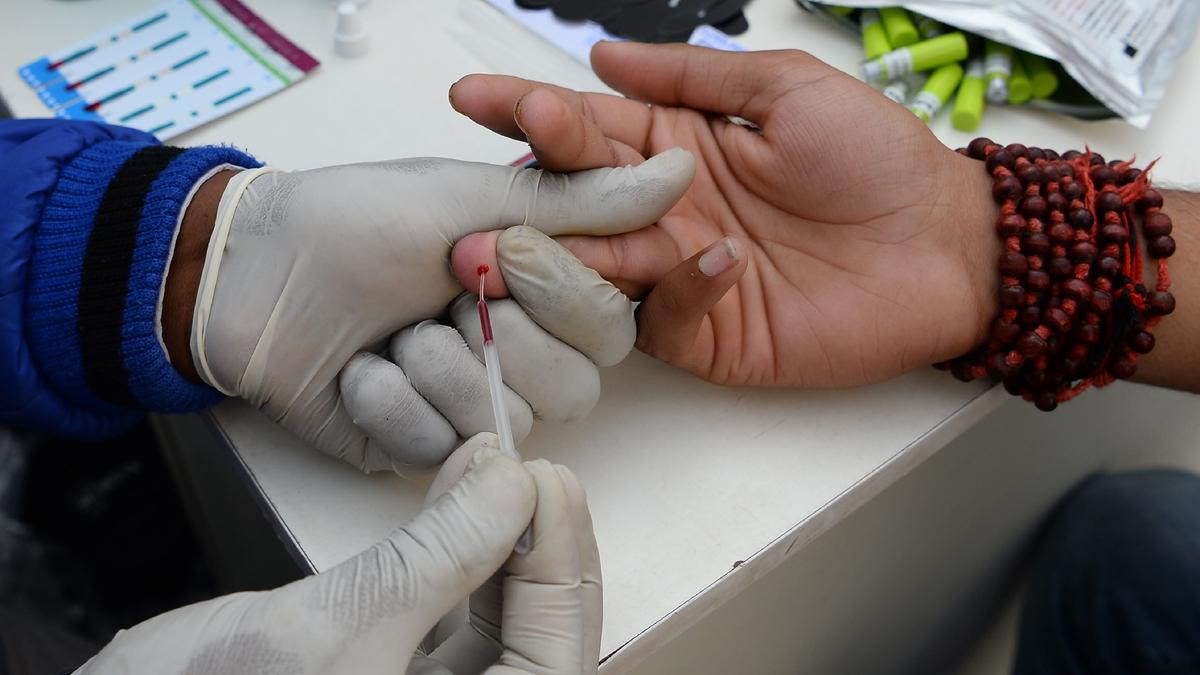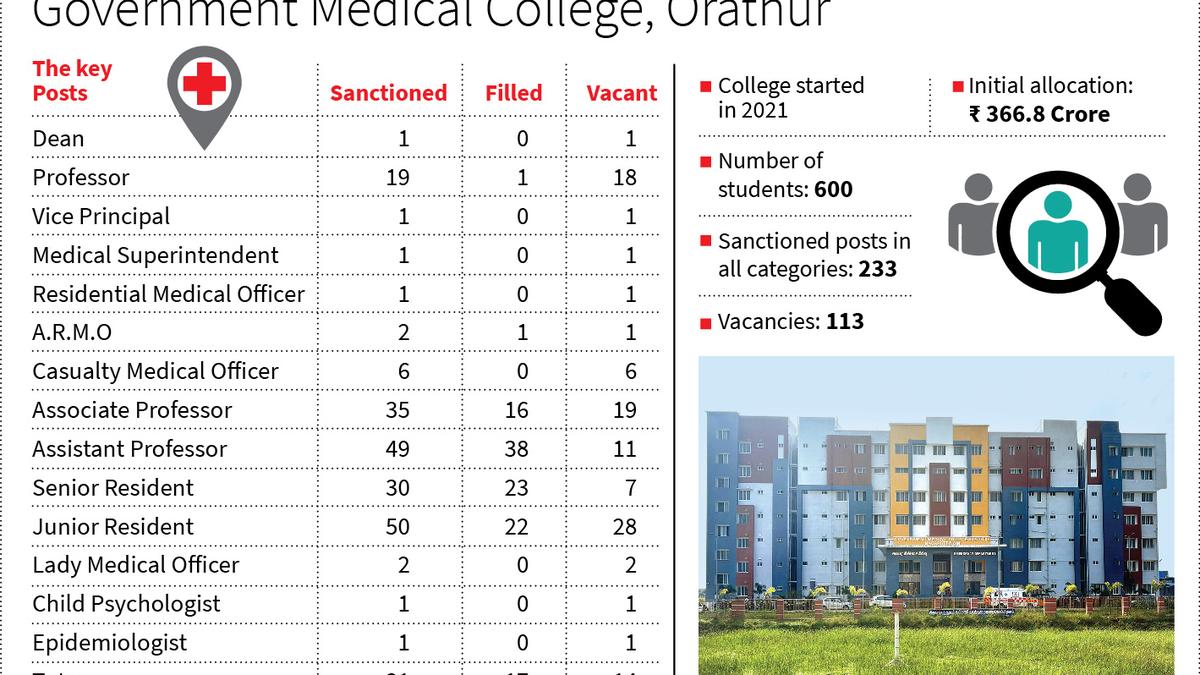Now Reading: Sigachi Reports ₹60 Crore Revenue Hit From Hyderabad Unit Fire, Posts ₹101 Crore Q1 Loss
-
01
Sigachi Reports ₹60 Crore Revenue Hit From Hyderabad Unit Fire, Posts ₹101 Crore Q1 Loss
Sigachi Reports ₹60 Crore Revenue Hit From Hyderabad Unit Fire, Posts ₹101 Crore Q1 Loss

Quick Summary
- A fire caused by a dust explosion in the spray drying machine at Sigachi Industries’ hyderabad manufacturing unit (Pashamylaram) on June 30 claimed 46 lives and injured 25 others. eight people remain missing.
- The incident is estimated to lead to a revenue loss of ₹60 crore for the company, which operates in the pharmaceutical sector. operations at its facility, with a capacity of 6,400 TPA, were halted temporarily.
- Sigachi Industries stated that losses during downtime will be mitigated through business interruption insurance claims and confirmed it is adequately insured for lost profits.
- For Q1 FY26,the company reported a consolidated loss of ₹101 crore compared to profits of ₹13 crore in the same quarter last fiscal year,despite total income increasing to ₹132.18 crore from ₹97.38 crore previously.
- Damage assessment and phased restoration are ongoing at its Hyderabad site; production has been reallocated to other facilities at Dahej and Jhagadia that remain unaffected.
- Financial compensation and medical assistance have been initiated by Sigachi industries for affected employees and their families.
- A full safety audit across all manufacturing sites has been launched after activating emergency protocols.
- An expert committee report on investigating this incident has reportedly been submitted but awaits confirmation from official sources.
Indian Opinion Analysis
The tragic incident at Sigachi Industries underscores critical safety challenges faced by industrial manufacturing units in India-a country where rapid industrialization demands robust safety frameworks to protect workers’ lives while mitigating operational risks effectively. The proactive actions taken-including financial compensations for affected families, reallocating production resources elsewhere, conducting complete safety audits across facilities-are steps toward recovery but highlight how essential structured safeguards are moving forward.
for businesses like Sigachi operating within India’s vital pharmaceutical sector-which often involves hazardous materials-the potential ripple effects include not only economic losses but also heightened regulatory scrutiny regarding workplace safety standards industry-wide. Ensuring swift conclusions from investigations like that conducted by the government-appointed expert committee could facilitate evidence-based improvements nationwide while fostering trust among stakeholders impacted directly or indirectly.
India’s industrial ecosystem must prioritize institutional reforms aimed at worker protection alongside sustained support mechanisms balancing growth-driven profitability challenges with safeguarding human capital-without delays or compromise-especially within sectors crucial as pharmaceuticals crucially positioned globally linked resilience ensuring post-inferno collective lessons positively move ahead driven needed changes scaled-comprehensive pathways-building brighter futures altogether!






















